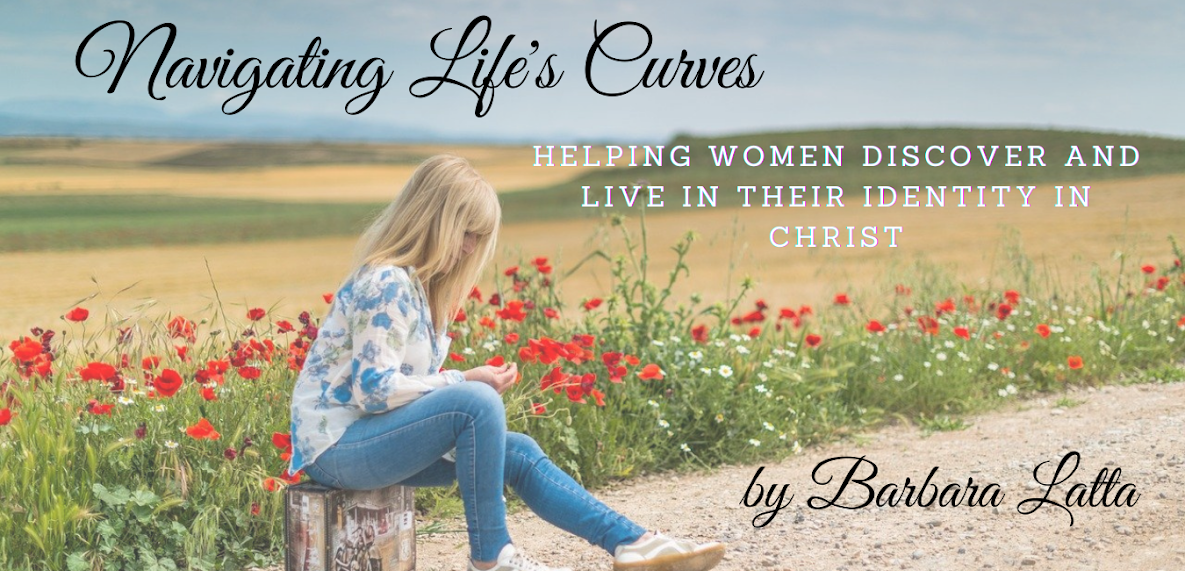by Barbara Latta
Yom Kippur, the Jewish observance of the Day of Atonement,
began this week on the eve of October 4 and ended at sunset on October 5. On
the Jewish calendar this is the 10th of Tishrei.
Yom Kippur began at the time the Israelites were in the
wilderness. Moses traversed Mount Sinai and heard God’s voice with instructions
He inscribed onto stone. When Moses delayed his return to the camp, the Hebrews
formed and worshipped a golden calf. They forsook the God who delivered them
from the bondage of Egypt and fell into the idol worship of their enslavers.
When Moses descended to the bottom of the mount, he saw the
actions of the sinful crowd. His anger drove him to break the stone tablets and
he destroyed the golden idol along with all those who wouldn’t return to the
Lord. The next day he climbed Mount Sinai again to pray for atonement for the
people who still lived (Exodus 32:30). This is the day Yom Kippur recognizes—the
day their sins were forgiven.
Five days after Yom Kippur, Sukkot is celebrated which falls
this year on October 9 – 16. For seven days, Jews celebrate the Lord’s
provision through the bounty of harvest. Sukkot is also referred to as Feast of
Tabernacles to commemorate the Israelites dwelling in tents and the protection
of the cloud covering them in the desert.
Modern day Jewish people build temporary outside shelters
covered in some type of natural products such as palm leaves, pine boughs, or
bamboo to remember the dwellings of their ancestors in the wilderness. These
celebrations last seven days and involve feasts of various foods and the
reciting of Psalms of praise.
What do the meaning of these two observances reflect for
Christians?
We already learned about the reason for Rosh HaShanah
through a post on September 23.
While we as Gentile Christians do not participate in the
observances of these days the way Jewish people do, we can still see the
reflection of their meanings to us.
In the wilderness tabernacle and later the temple in
Jerusalem, animals were sacrificed to pay for the people’s sins. Once a year,
the high priest entered the Holy of Holies and sprinkled blood on the Ark of
the Covenant (which later was captured by their enemies). This blood signified
they were atoned for, but they had to repeat this offering year after year.
But when Jesus came and offered Himself upon the altar of
God’s judgment, He atoned for our sins forever.
For the law, having a shadow
of the good things to come, and not the very image of the things, can never
with these same sacrifices, which they offer continually year by year, make
those who approach perfect For then would they not have ceased to be offered?
For the worshipers, once purified, would have had no more consciousness of
sins. But in those sacrifices there is a reminder of sins every year. For it is
not possible that the blood of bulls and goats could take away sins. (Hebrews 10:1-4 NKJV)
The work of the high priests in the Old Testament never
ended. They worked continuously. Jesus’ sacrifice was so perfect, He only
needed to shed His blood one time and His offering covered all sin. But each person
must accept what He did into their own life to receive this forgiveness.
When Christ returned to His Father He sat down at the right
hand of God. No more sacrifices were needed because His work was finished (John
19:30).
And every priest stands
ministering daily and offering repeatedly the same sacrifices, which can never
take away sins. But this Man, after He had offered one sacrifice for sins
forever, sat down at the right hand of God, from that time waiting till His
enemies are made His footstool. For by one offering He has perfected forever
those who are being sanctified. (Hebrews
10:11-14)
Yom Kippur reminds us of the sacrifice of the one perfect
Lamb of God who takes away our sin forever.
For more information about Sukkot and the Day of Atonement,
listen to this YouTube message from Rabbi Jonathan Cahn. You will be amazed at
the revelation of biblical connections these festivals have to the Messiah,
Jesus Christ.
What do these Jewish observances mean to your life? Share
your thoughts.
How does the true meaning of Yom Kippur and Sukkot reflect Christ? (click to tweet)


I'm thankful we're living in the time our sins have been forgiven through the blood of God's perfect lamb!
ReplyDeleteI agree with you. We can be so thankful the Lamb of God shed His blood for our salvation. Thanks for sharing. Blessings!
DeleteOur part is so simple--just believe, yet many struggle to recognize the gift of love shared by Christ when He willingly took ourselves upon Himself so that we may someday join Him in eternity. Thank you for sharing this information about Jewish festivals so that we can see the connection to Christ.
ReplyDeleteThese festivals are fascinating when we see the connection to our Savior. Even those of us who are not Jewish can see the importance of the symbolism in these celebrations. Thanks for sharing, Katherine. Blessings!
DeleteThe Jewish festivals are such a beautiful picture of God's plan of redemption through Jesus Christ. I've had the privilege of knowing several Christian Jews who invited me to participate in these holidays. Very meaningful!
ReplyDeleteI think participating in the celebration as viewed from the Jewish side would be an amazing experience. As a Christian, we can see how each part points to Christ. Thanks for sharing, Annie. Blessings!
DeleteThanks for the information about this feast. I am so glad we have Jesus to forgive our sins.
ReplyDeleteWe are so blessed to live in the New Covenant and know we are forgiven. Thanks for sharing, Yvonne. Blessings!
Delete